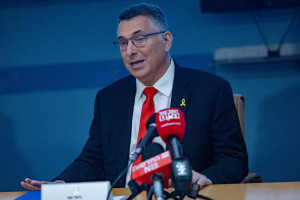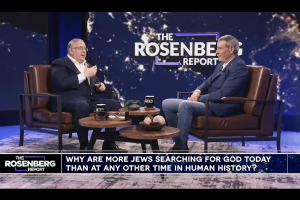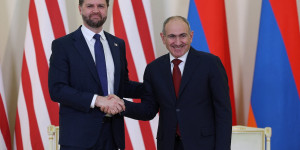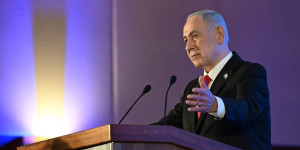European Union set to discuss possible sanctions against Israel, including funding cuts, entry bans on ministers
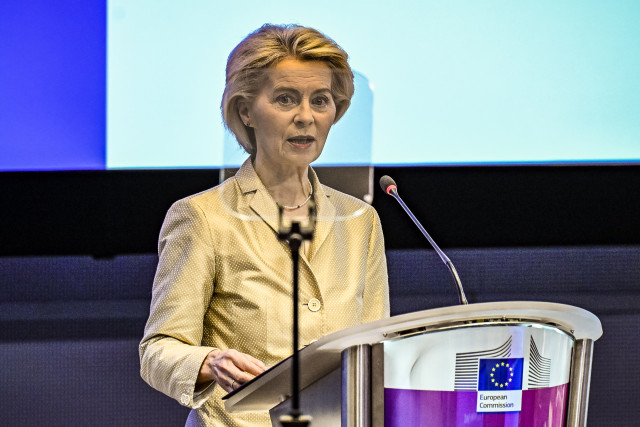
The College of Commissioners of the European Union, led by European Commission President Ursula von der Leyen, is scheduled to convene on Wednesday in Brussels to begin the process of imposing sanctions on Israel.
The College is composed of commissioners from the EU's 27 member states, each responsible for a specific policy area during a five-year term. Together, they form the political leadership of the European Commission.
Following von der Leyen's speech in the European Parliament last week, the Commission is expected to approve its official statement, which includes: Imposing sanctions on funding to Israeli entities (excluding Yad Vashem and civil society organizations); a proposal to the EU Foreign Affairs Council to impose sanctions on “extremist ministers,” with a focus on Itamar Ben Gvir and Bezalel Smotrich, as well as on violent settlers; and a proposal to the Foreign Affairs Council to suspend certain clauses of trade agreements with Israel.
Yesterday, it was reported that the European Commission is also considering the imposition of tariffs on food products from Israel.
Regarding the first item (funding sanctions), the Commission has full authority to decide, as it involves relatively modest sums – at most, a few tens of millions of euros per year. However, for the other measures, the Commission can only recommend and lead initiatives.
When the EU Foreign Affairs Council convenes, a double two-thirds majority will be required to pass the proposed sanctions – two-thirds of the member states, and representation of two-thirds of the EU population. As far as is known, Italy and Germany still oppose the sanctions. Croatia, Romania, Greece, Hungary, Czechia, and Austria are also expected to oppose them.
Yesterday, Israeli Foreign Minister Gideon Sa’ar sent a letter to Commission President von der Leyen ahead of the discussion: "Your unprecedented proposal – which has never been implemented against any other country – is a clear attempt to harm Israel at a time when we are still engaged in a war that was forced upon us following the October 7 terror attack."
"It is deeply troubling that by promoting such a proposal, you are effectively empowering a terrorist organization responsible for heinous crimes and still committing them, while Israel – a longstanding partner of the European Union – is fighting a war for its survival. This move also jeopardizes ongoing efforts to bring the war to an end," he wrote.
Czech Foreign Minister Jan Lipavský, who spoke yesterday with the Israeli foreign minister, clarified in a tweet that "Czechia opposes suspending the EU-Israel Association Agreement and will clearly oppose such a move."
Prime Minister Netanyahu stated at a press conference last night that the European sanctions “will not affect us much.”

Dov Gil-Har is a corespondent for KAN 11.
You might also like to read this:


